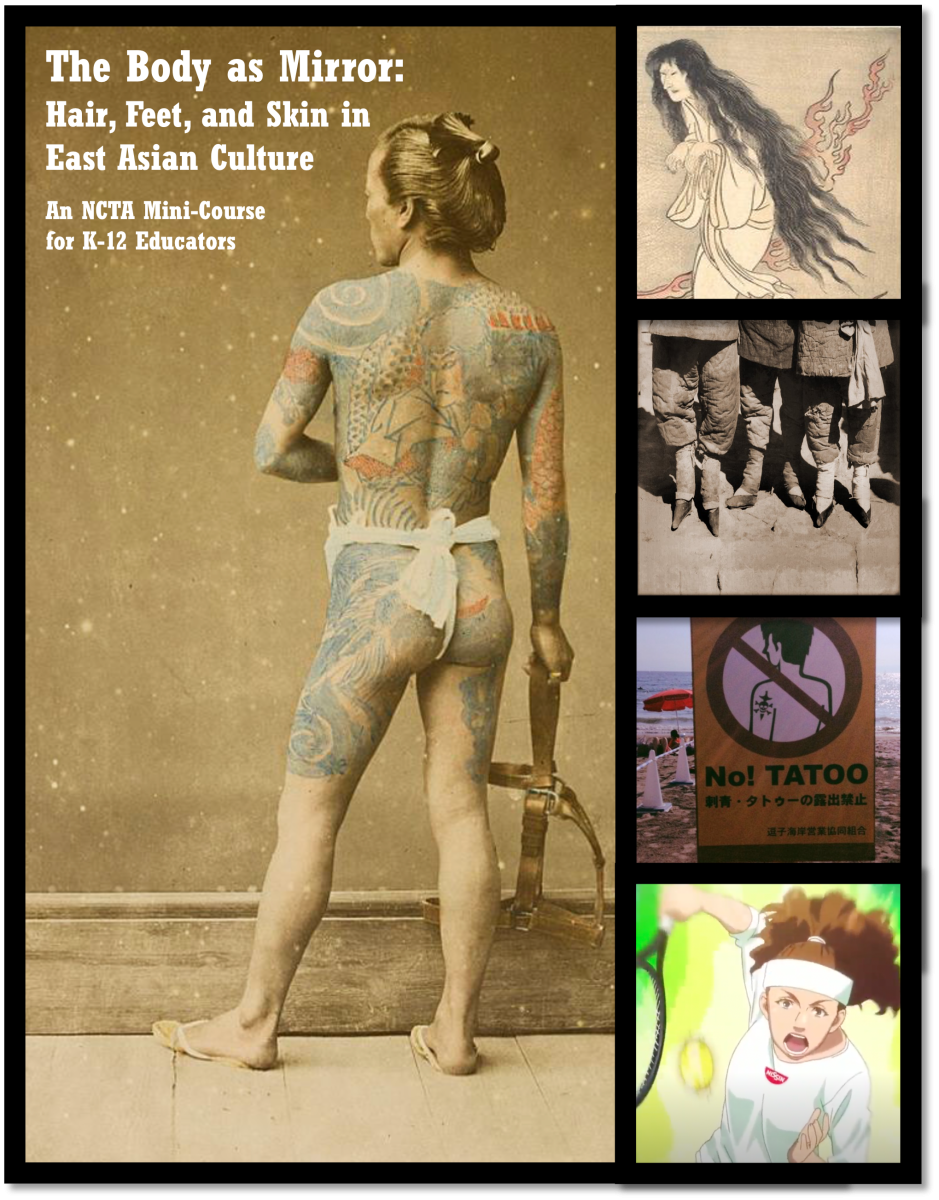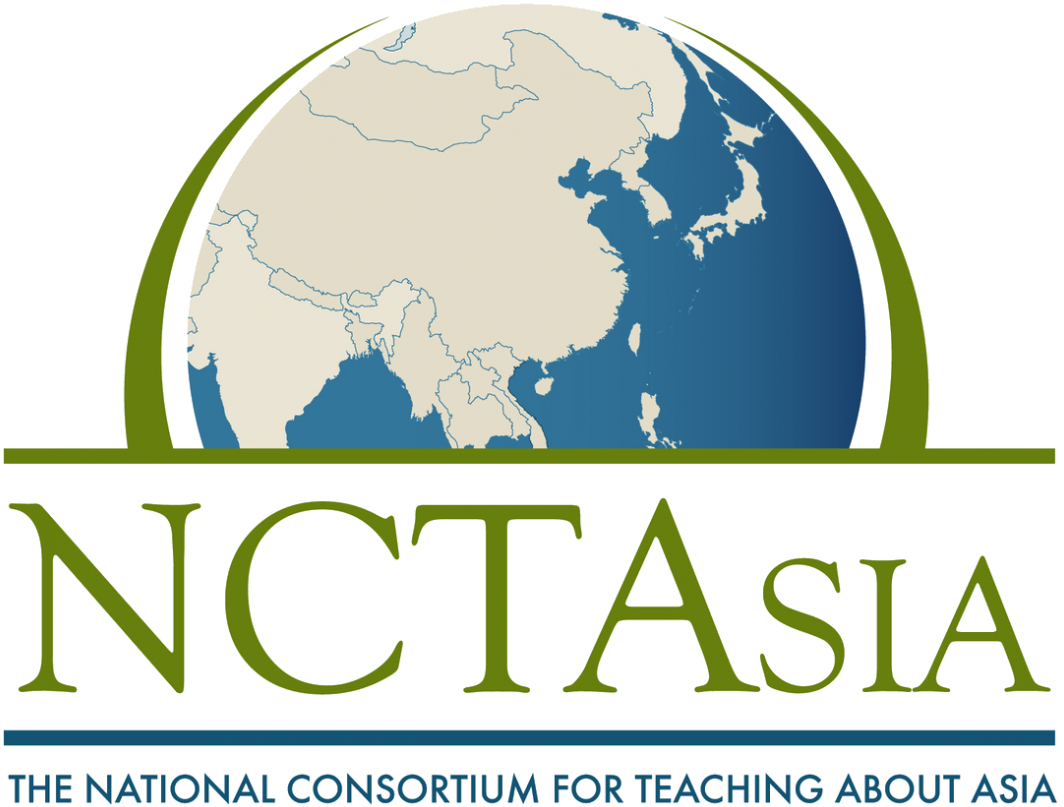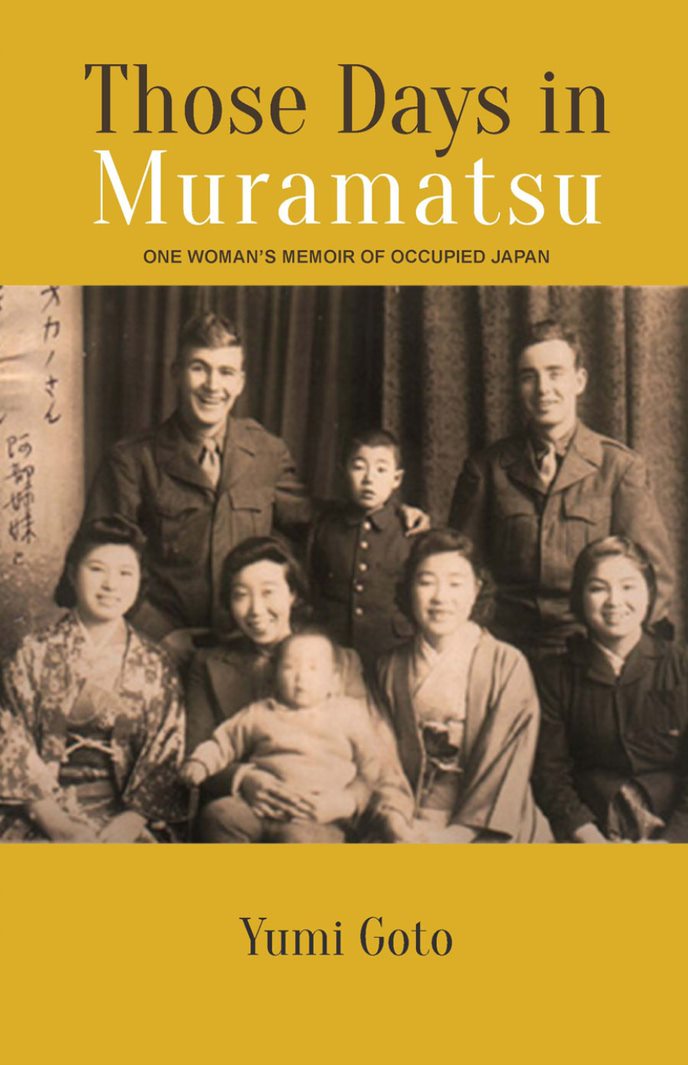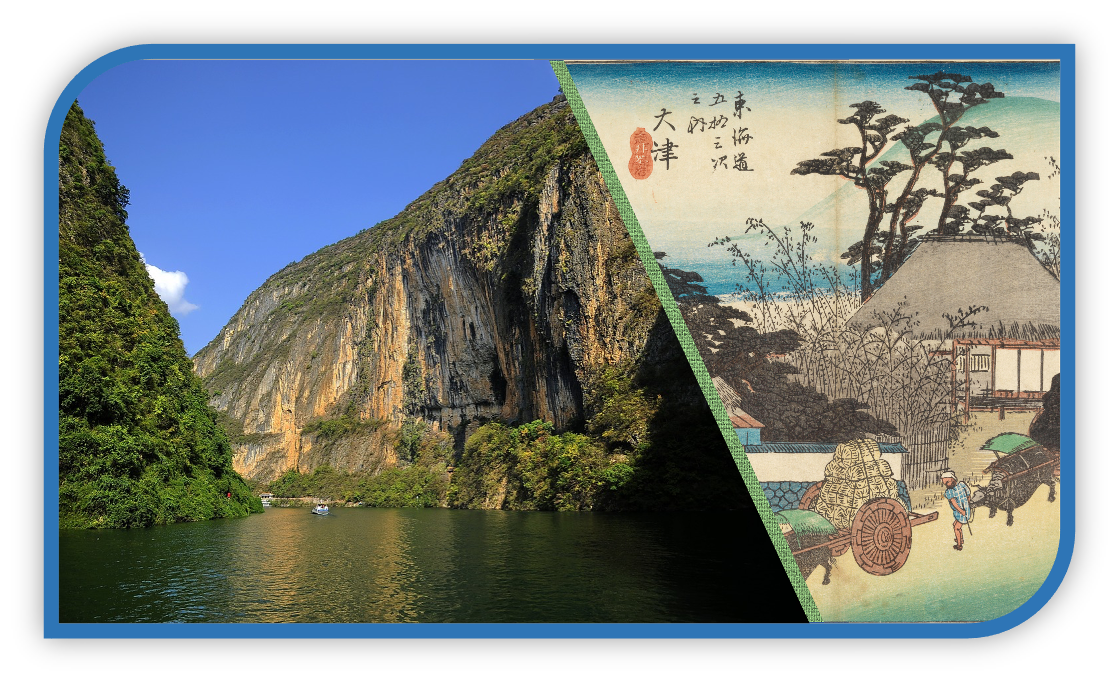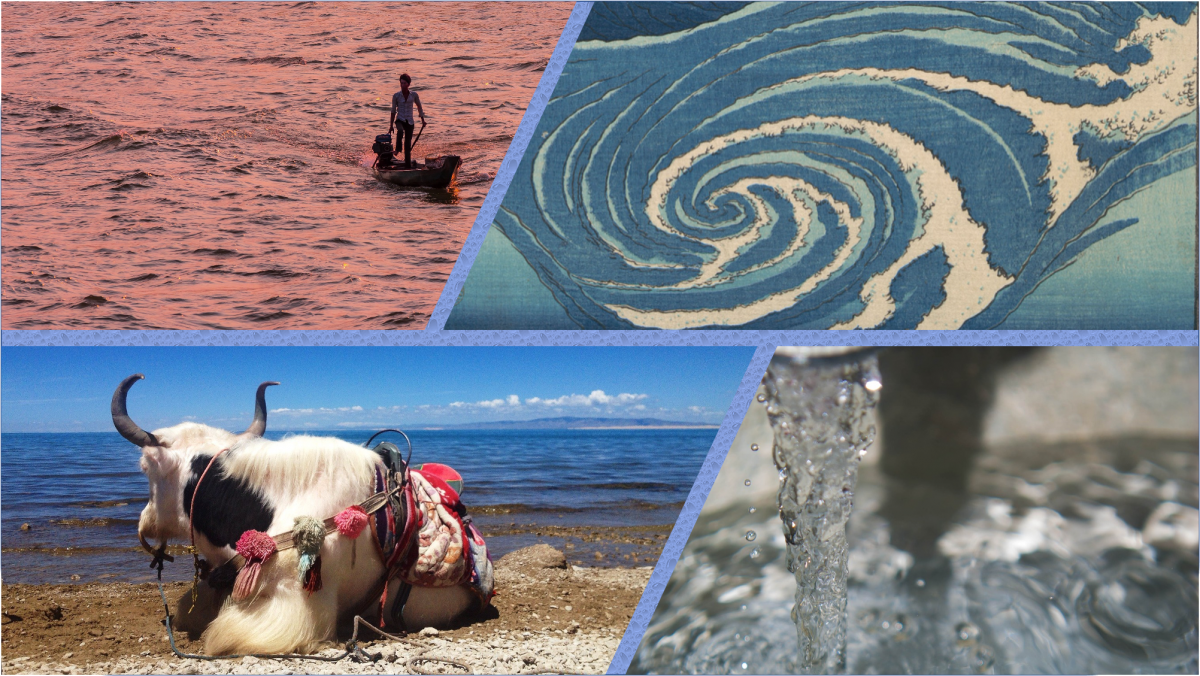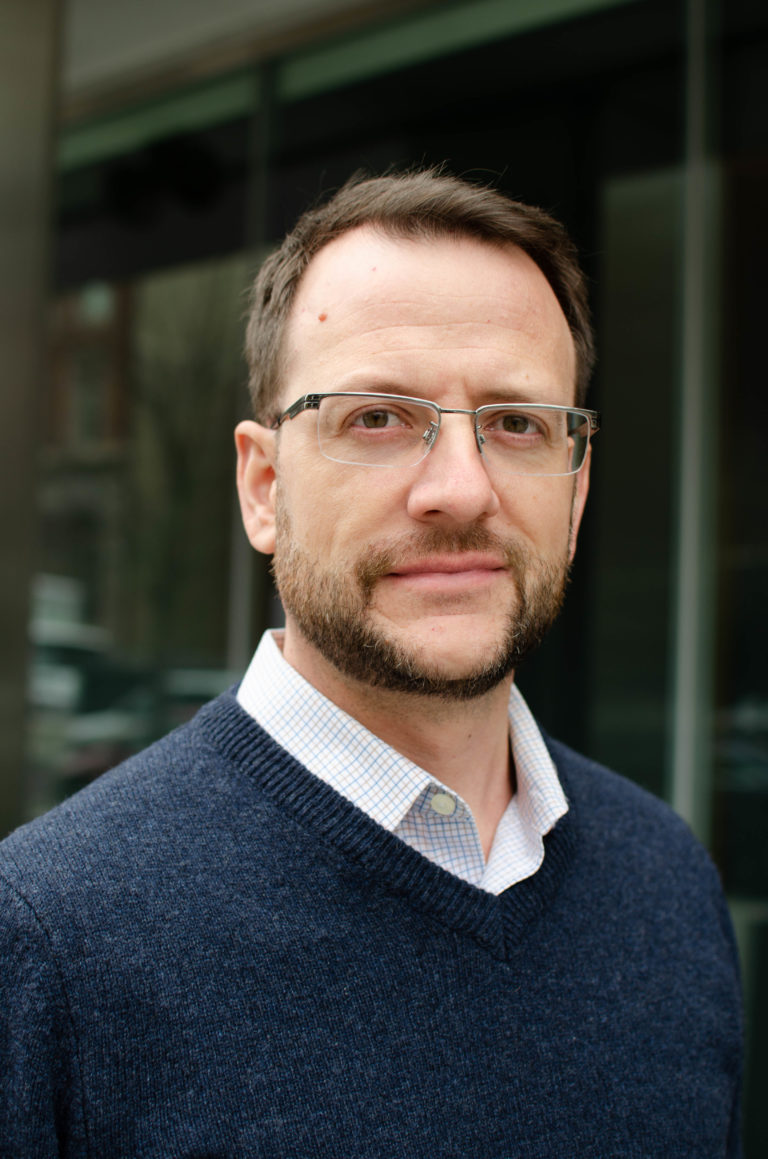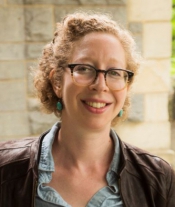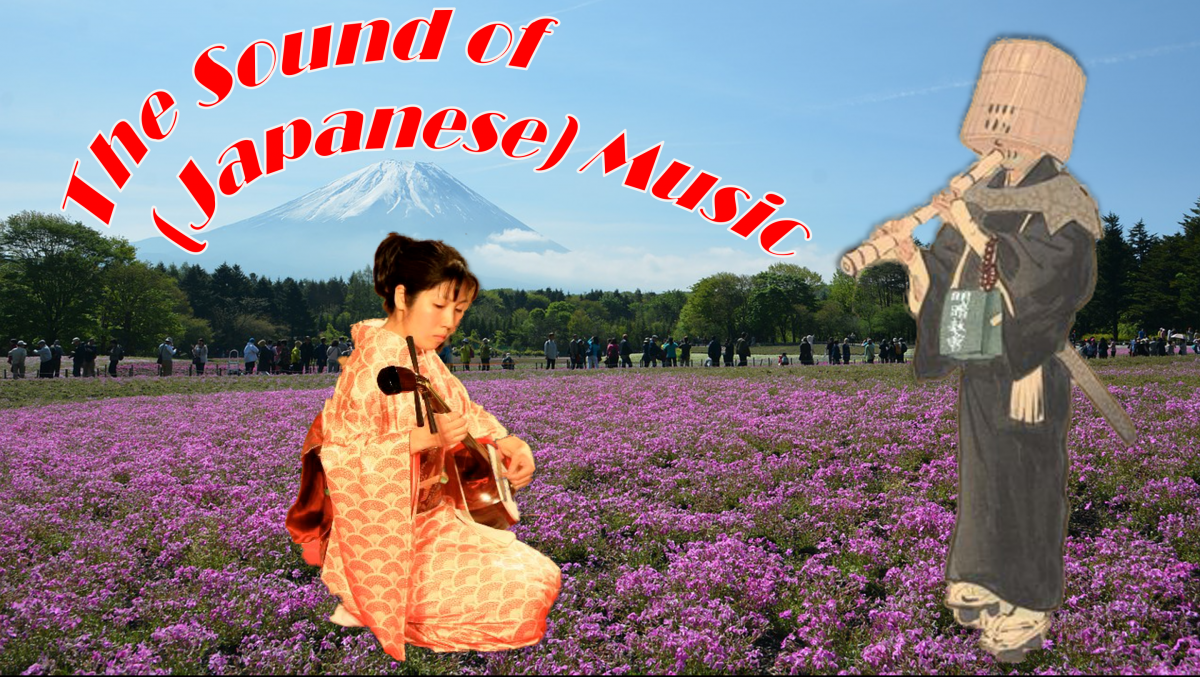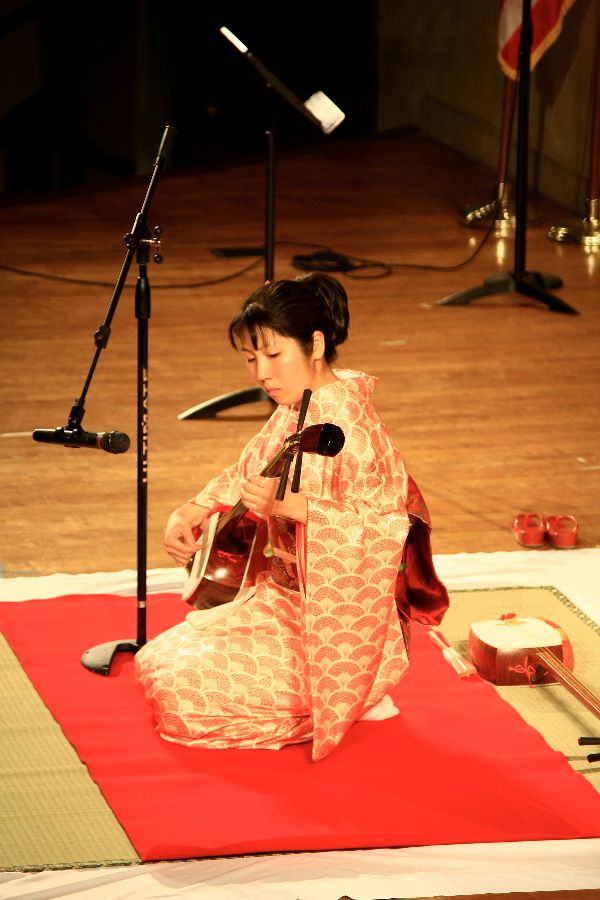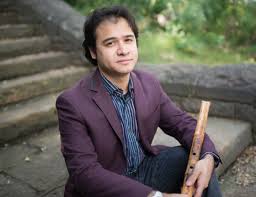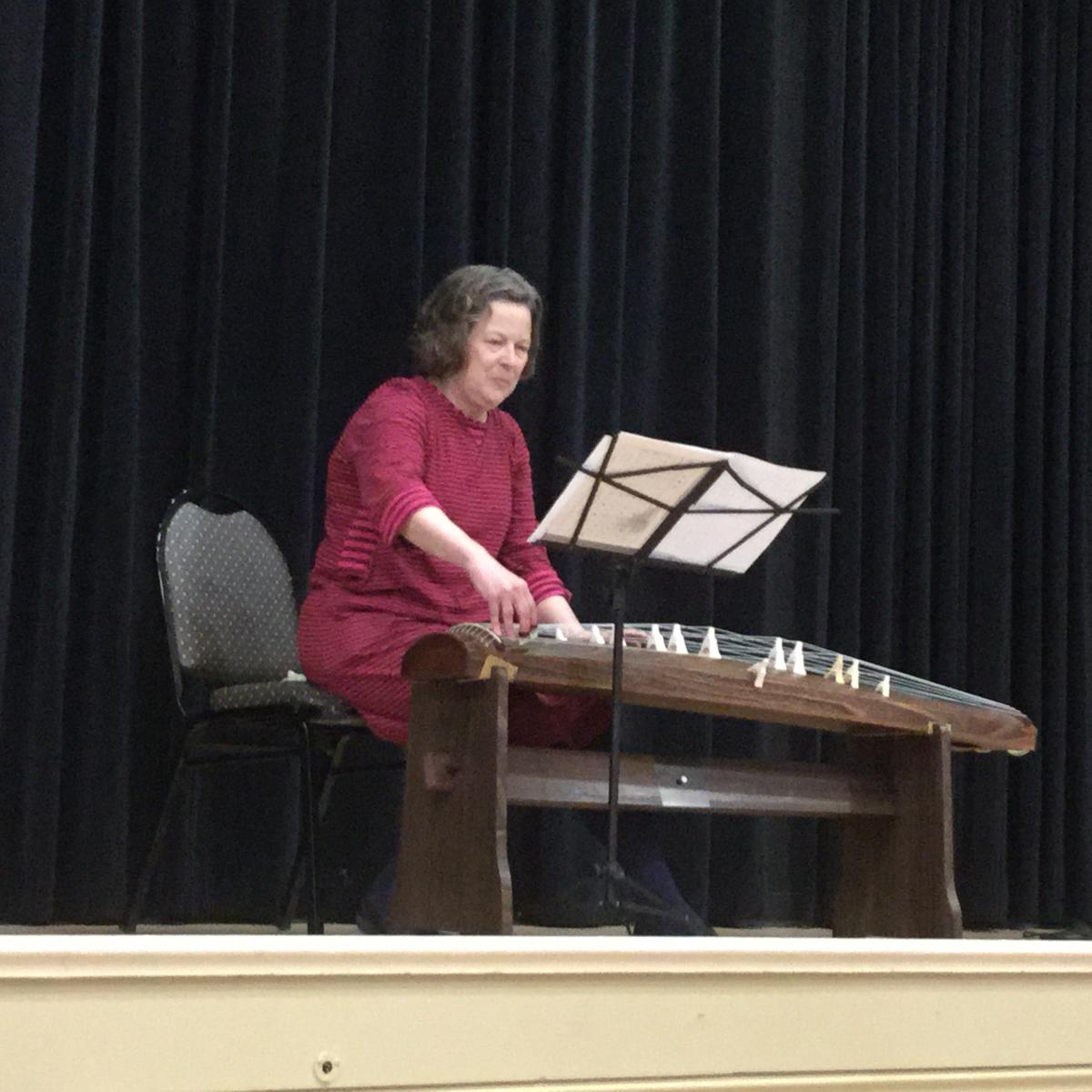
A Dance of Letters: How East Asian Writing Systems Work
NCTA Mini-Course
Saturday, May 14 & Saturday, May 21, 2022
1:00pm - 4:00pm (Eastern Time)
Online via Zoom
Join scholars and language experts for this six-contact-hour mini-course spread over two Saturday afternoons (May 14 and 21) that examines the writing systems used by speakers of Chinese, Korean, and Japanese. First, we will study how Chinese characters express both meanings and sounds. Next, the course will explore how Korea’s writing system combines Chinese characters with an alphabet called hangeul that shows the physical mouth positions for different sounds. Finally, we will look at how Japanese uses Chinese characters together with two phonetic syllabaries to transmit various kinds of information about Japanese words. The mini-course will include discussions and exercises regarding how elements of these systems can be taught in various K-12 classrooms, including classes focused on history, culture, geography, and/or science. Participants will receive a set of calligraphy materials in advance of the program. A complementary book will be sent to participants who attend both sessions. Registration limited.
All participants will receive a calligraphy set for hands-on practice in advance of the course. Participants who attend both classes in their entirety will receive the book Kingdom of Characters: The Language Revolution That Made China Modern by Jing Tsu.
PA teachers who complete both classes will receive 6 hours of Act 48.
West Virginia teachers who register with Shepherd University and complete both classes will receive 3 hours of EDPD credit.
Open to educators from Alabama, Delaware, Illinois, Kentucky, Louisiana, Maryland, Michigan, Minnesota, Ohio, Pennsylvania, and West Virginia.
To register, please click on the link here: https://forms.gle/5rPtMrVdiXdAKTKZ7
Presenters:
Dr. David Gordon is Professor of History at Shepherd University in Shepherdstown, West Virginia. His teaching and research covers Modern East Asia, Japan, China, and Asian intellectual history. This Fall, he will take a sabbatical break to compare two works of late 19th-century satirical literature: one Japanese and one from Yiddish-speaking Eastern Europe. He also serves as a NCTA seminar leader for the Shepherd University site.
Dr. Jason Allen is Assistant Professor in the School of Education at Shepherd University. He has presented at educational conferences on topics such as Teaching Religion in the Social Studies Classroom and Using the Arts in the Classroom. He also serves as a NCTA seminar leader for the Shepherd University site.
Dr. Mi-Hyun Kim is Lecturer II of Korean Language and Linguistics and Korean Program Coordinator at the University of Pittsburgh. She is a linguist by training and specializes in language pedagogy and concentrating and phonology and phonetics in Korean linguistics.
Dr. Haixia Wang is the Program Coordinator for Languages Across the Curriculum at the University of Pittsburgh and China Curriculum Developer & Program Initiatives for the Pitt NCTA. She is a regular presenter on the Chinese language and teaches Chinese at the post-secondary level.
